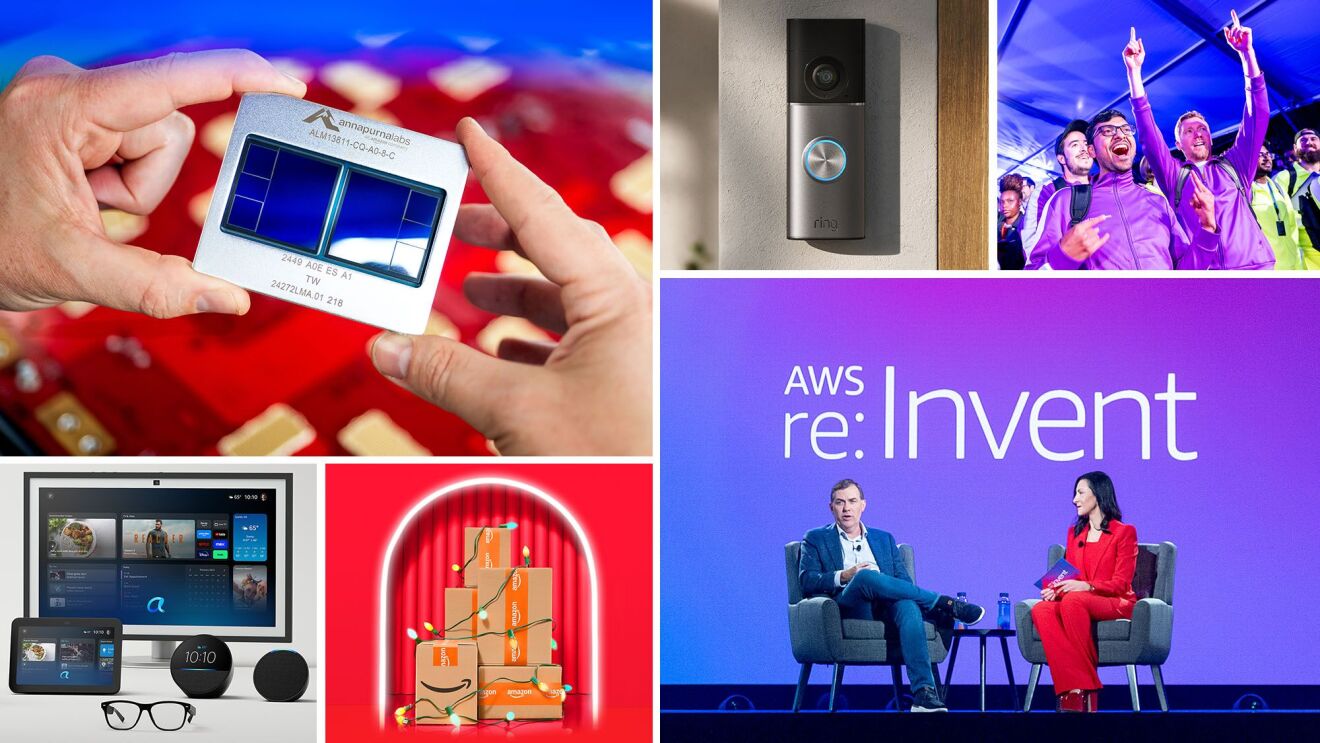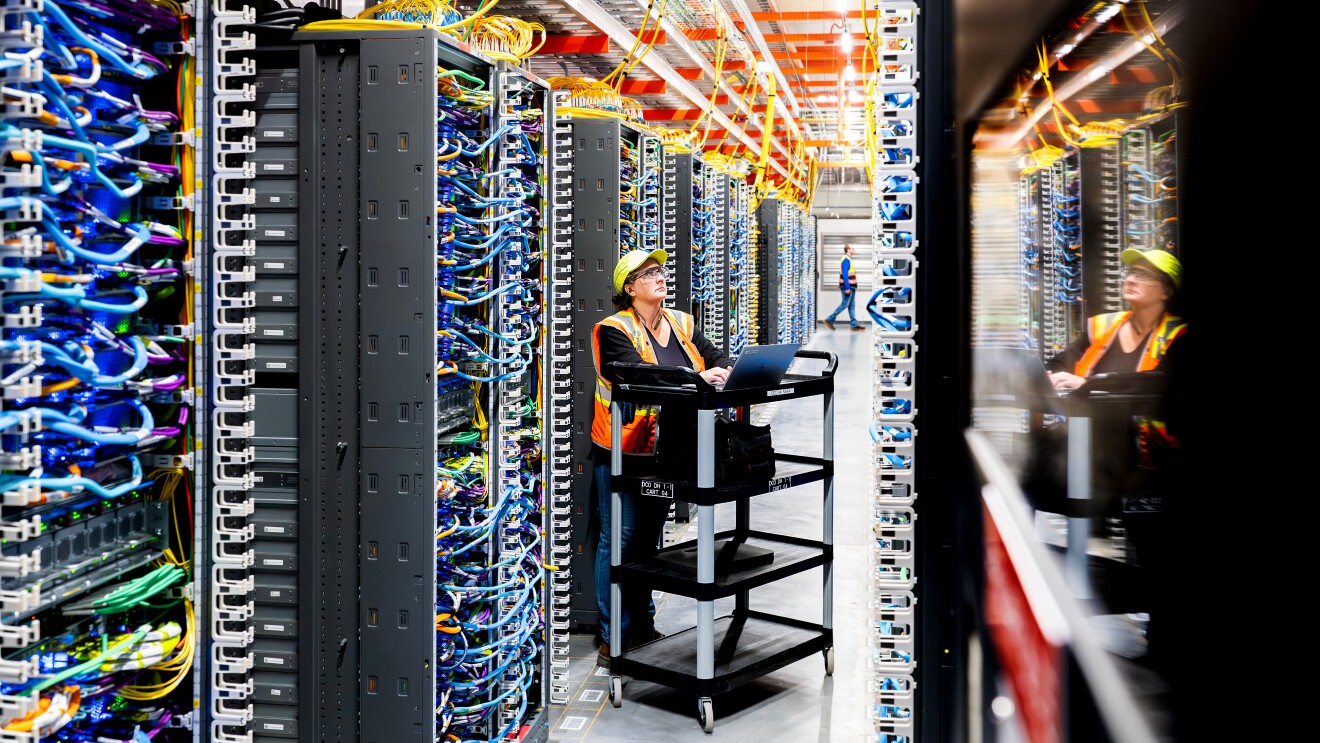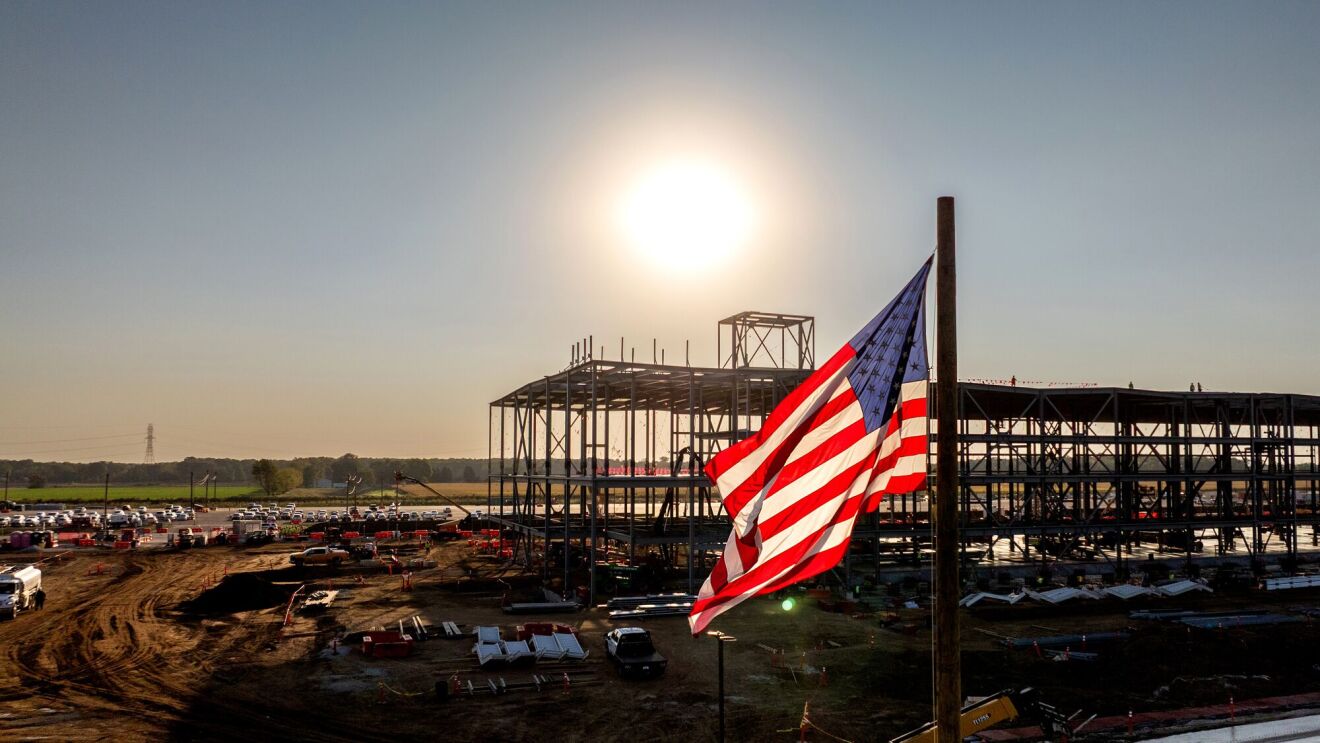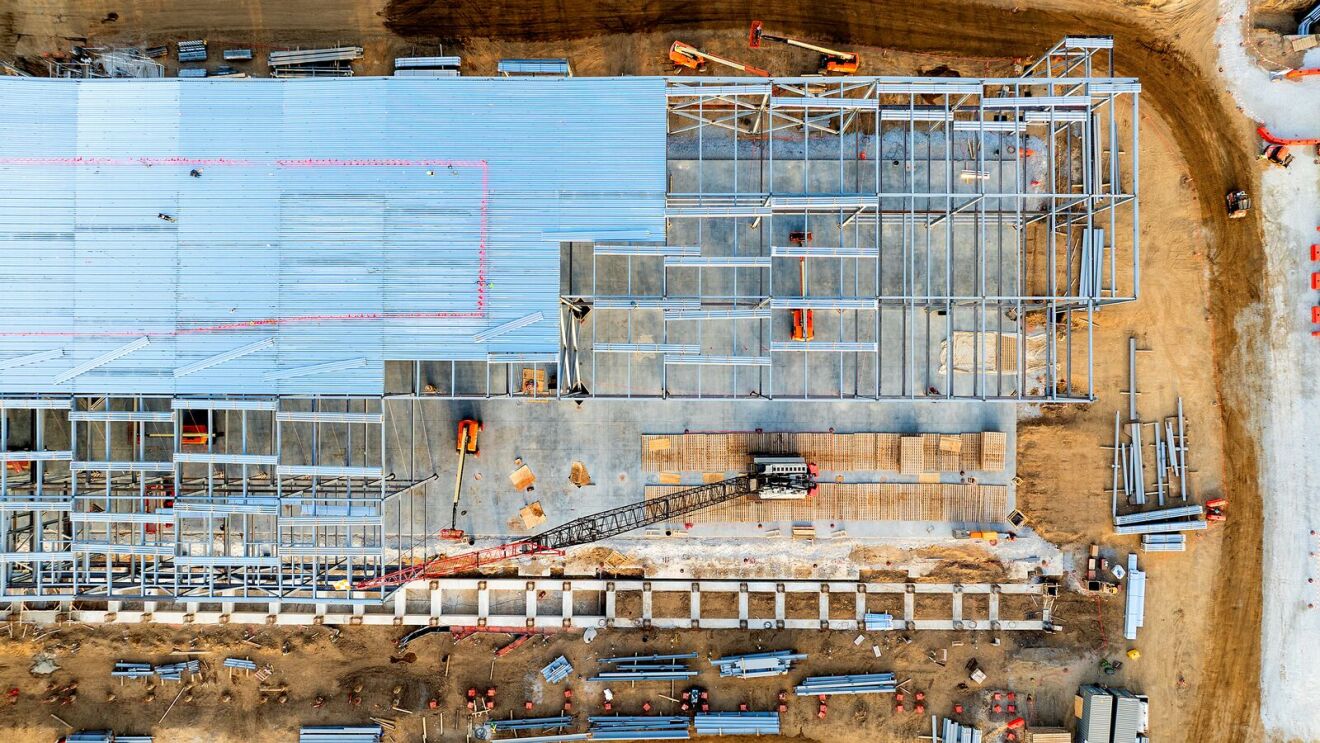Despite Senator Bernie Sander’s criticism of Amazon, he took a break from the campaign trail to praise the company after Amazon announced a $15 minimum wage for our associates.
“I just want to congratulate Amazon for raising your minimum wage to $15 an hour,” Sanders said in a conversation with Jay Carney, senior vice president for global corporate affairs at Amazon. “That’s good for your workers. It’s the right thing to do. Please thank Jeff Bezos for me.”
- Amazon has added more jobs to the American economy over the last decade than any other employer.
- Amazon’s core business, consumer retail, involves hundreds of thousands of employees who store, ship, and deliver billions of physical goods via airplanes, trucks, and vans around the world. We are not a social media company, a news aggregator or a forum for political advocacy (or disinformation).
- We have hundreds of thousands of employees, and contractual relationships with hundreds of thousands of other businesses of all sizes; what we do can generate positive ripple effects across the country.
- When Amazon raised our minimum wage to $15 an hour, we made sure that every warehouse worker, known as fulfillment center associates, got a pay increase. We have 500,000 employees in 40 states; when a company our size increases wages, competitors feel pressure to do the same for their own workers, or risk losing them.
- We believe $15 should be the minimum anyone in the United States is paid for an hour of labor, and in most areas of the country our starting wage is even higher. More than 40 million Americans earn less than the lowest-paid Amazon associate. For many people, a job at one of our fulfillment centers is by far the best option available in their region. And we are proud of that—even as we agree that our political and business leaders must work together to create more and better options for all America’s workers.
- Amazon has plowed $270 billion into the domestic economy since 2010. In economically struggling areas like Fall River, Mass., and the Inland Empire in California, our investments and hiring have helped lower the local unemployment rate and added hundreds of millions of dollars to local economies.
- We compete fiercely with Silicon Valley companies to hire the best software engineers, computer science Ph.D.s, and data scientists. We offer generous health care and other benefits on top of highly competitive pay.
- Amazon offers fulfillment center workers the chance to learn new skills and earn certificates in high-demand fields that offer better-paying job opportunities. Our Career Choice program prepays up to 95 percent of tuition and fees—making it almost free for employees to learn new skills.
- Amazon is investing $700 million to provide training to 100,000 of our domestic employees by 2025. Once again, the scale of Amazon’s investment in its own work force will influence other major companies to follow suit.
We welcome scrutiny—from lawmakers, regulators and customers, because critics will at times have good ideas about how we, and other major companies, can do both more and better. But we also hope that, in examining what we already do, those critics acknowledge this: When it comes to creating jobs, raising wages, providing benefits and training employees for higher-paying jobs, Amazon is doing many good things—for the economy, and for American workers.








